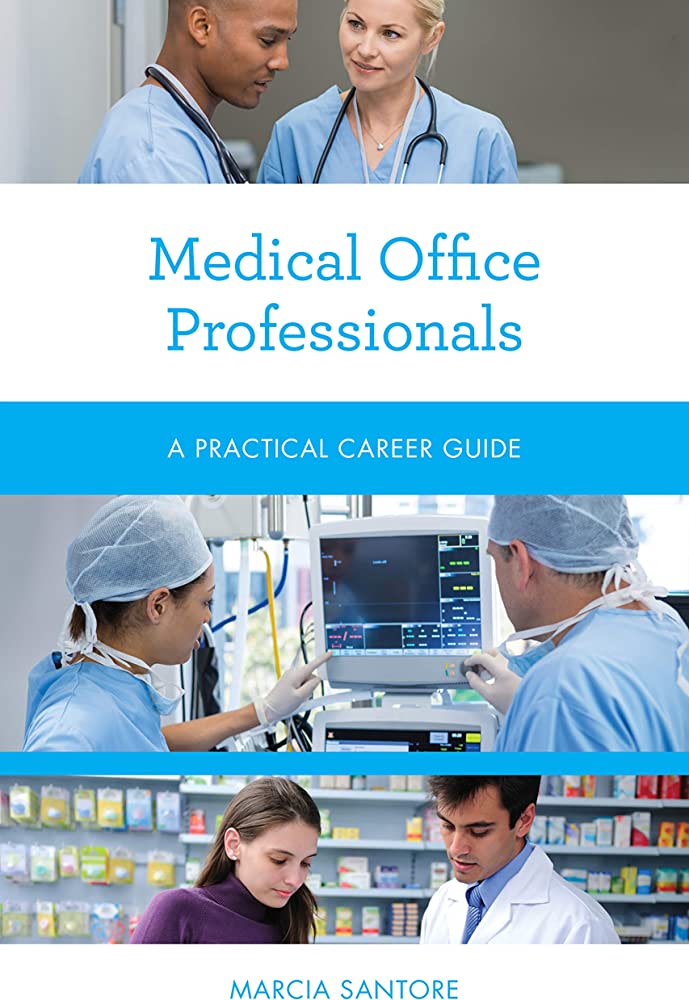What is a Primary Care Physician?
A primary care physician (PCP) is a medical doctor who specializes in providing comprehensive healthcare services to patients of all ages, backgrounds, and health conditions. As the first point of contact for patients seeking medical care, PCPs play a pivotal role in the identification, prevention, and management of various health issues.
Education and Training Requirements
Becoming a primary care physician requires extensive education and training. You will need to have a four-year bachelor’s degree in a science or health-related field, followed by four years of medical school to earn a Doctor of Medicine (MD) or a Doctor of Osteopathic Medicine (DO) degree.
After completing medical school, aspiring physicians must then complete their residency program, which typically lasts three years. During this time, you will work under the supervision of experienced physicians to gain hands-on experience and acquire the skills and knowledge required to become a competent primary care physician.
Job Responsibilities
As a primary care physician, your job responsibilities include:
- Conducting physical exams and evaluating patient symptoms and medical histories
- Diagnosing and treating various acute and chronic health conditions such as infections, injuries, and chronic diseases
- Counseling patients on lifestyle changes, injury prevention, disease prevention, and general wellness tips
- Referring patients to specialists as needed and coordinating care with other health professionals, including pharmacists, physical therapists, and nurses
- Prescribing medications, monitoring patient progress, and adjusting treatment plans as needed
- Keeping accurate and complete medical records for each patient and ensuring that patient privacy and confidentiality are maintained
Job Outlook
According to the Bureau of Labor Statistics (BLS), the demand for primary care physicians is expected to grow by 4% between 2019 and 2029, which is faster than the average for all occupations. This is due to the continued expansion of the healthcare industry and the aging population, which is increasing the demand for healthcare services.
Salary and Benefits
The median annual salary for primary care physicians as of May 2020 was $207,380, according to the BLS. However, salaries can vary depending on factors such as location, experience, and practice setting. Many primary care physicians also receive benefits such as health insurance, retirement plans, and paid time off.
Challenges and Rewards
Working as a primary care physician can be both challenging and rewarding. Some of the challenges include long hours, high workloads, and the emotional toll of dealing with patients who are sick, injured, or in pain. However, the rewards of being a primary care physician, such as helping patients improve their health and quality of life, can be highly satisfying.
Personal Qualities
To be a successful primary care physician, you should possess certain personal qualities, including:
- Strong communication and interpersonal skills to build trust and rapport with patients and colleagues
- Excellent problem-solving and critical thinking skills to diagnose and treat complex medical conditions
- The ability to work well under pressure and make sound decisions quickly
- Attention to detail and the ability to maintain accurate and complete medical records
- Empathy and compassion for patients and their families
Opportunities for Advancement
Many primary care physicians advance their careers by taking on leadership roles within healthcare organizations or by pursuing further education and training in specialized areas. For example, you may choose to specialize in fields such as cardiology, gastroenterology, or dermatology. Alternatively, you may choose to become a medical director, overseeing the operations of a healthcare facility or organization.
Frequently Asked Question About Primary care physicians Career
1. What is a primary care physician?
A primary care physician is a medical doctor who provides general medical care to patients. They are usually the first point of contact for patients seeking medical attention and are trained to diagnose and treat various health conditions.
2. What services do primary care physicians offer?
Primary care physicians offer a wide range of services, including preventive care, diagnosis and treatment of acute and chronic illnesses, health screenings, vaccinations, and referrals to specialists when necessary.
3. How do I choose a primary care physician?
When choosing a primary care physician, consider factors such as their location, office hours, accepted insurance plans, and patient reviews. You may also want to schedule a consultation or visit to see if their approach to medical care aligns with your needs.
4. Do I need a referral to see a specialist if I have a primary care physician?
While some insurance plans require a referral from a primary care physician to see a specialist, others may allow patients to self-refer. It’s important to check with your insurance provider to understand their policies.
5. How often should I visit my primary care physician?
The frequency of visits to a primary care physician may vary depending on age, health status, and personal health goals. However, it’s generally recommended to visit at least once a year for a routine check-up and health screening.

